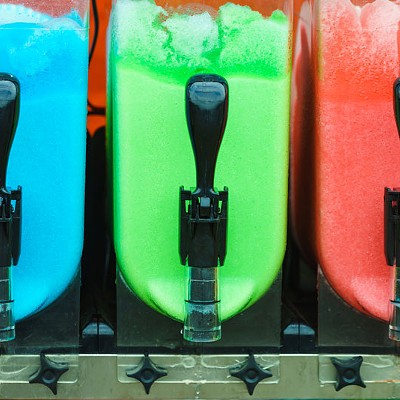Gov. Mary Fallin recently signed a new law that makes it illegal for drivers to have even a trace of marijuana in their blood, saliva or urine while in control of a vehicle. Technically, beginning Oct. 1, someone could smoke a joint on Saturday and then get arrested for drunken driving the following Monday morning or even days later.
House Bill 1441, sponsored by state Reps. Mike Turner of Edmond and David Derby of Owasso, along with state Sen. Rob Standridge of Norman, all Republicans, prohibits drivers having any trace amount or above a Schedule 1 drug in their system.
Tetrahydrocannabinols, or THC — what gets people high when they smoke or use marijuana — is a federally designated Schedule 1 drug. It’s listed as “marihuana” in Oklahoma statutes designating Schedule 1 drugs.
The zero-tolerance law has been criticized by the National
Organization for the Reform of Marijuana Laws (NORML), which logically
and realistically points out that trace amounts of THC can remain in a
person’s system long after the narcotic effect wears off.
Want to really get the paranoids?
Paul Armentano, NORML’s deputy director, points out on the organization’s site that THC can stay in the “urine of daily cannabis consumers for several weeks, or even months, after past use.”
Oklahoma is the 11th state to pass such a strict law, according to NORML.
One problem is that marijuana shouldn’t be listed in the same category as heroin and LSD under the U.S. Controlled Substances Act, which was passed in 1970. It’s obvious by now that pot, while considered a gateway drug by some people, is less toxic and debilitating than alcohol. Not many people would think it’s OK for anyone to drive a car tripping-out stoned or smoke pot while driving, but it’s irrational to think that people are still impaired after using marijuana days earlier. While the new requirement can be seen by some people as a well-intended attempt to crack down on impaired driving, it distorts the reality of drug use.
The entire zero-tolerance movement isn’t based on medical criteria but on a tough-on-crime ideology that embraces the country’s failed war on drugs.
As some states, such as Oklahoma, have a draconian attitude when it comes to pot and fill their prisons with drug users, other states have moved to legalize or decriminalize marijuana. Colorado and Washington have legalized marijuana, and 18 states, including Washington, D.C., allow some form of access to medical marijuana.
No one here can think Oklahoma will legalize pot anytime soon, but that doesn’t mean state government should create unreasonable laws about its supposed effects.
The extremes tell the story of this country’s crazy drug laws. People can toke it up legally in other states. Here in Oklahoma soon, a couple of bong hits on Saturday night could mean a trip to the slammer days later, when the buzz is long, long gone.
Hochenauer is an English professor at the University of Central Oklahoma and a political writer.
Opinions expressed on
the commentary page, in letters to the editor and elsewhere in this
newspaper are those of the author and do not necessarily reflect the
opinions of ownership or management.












